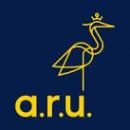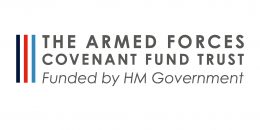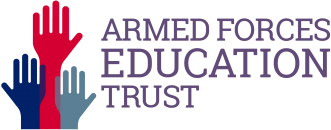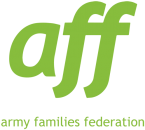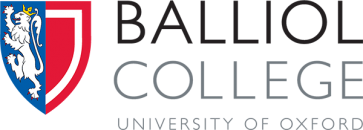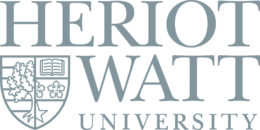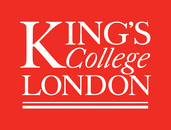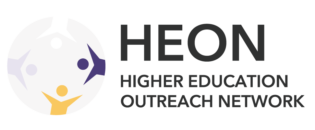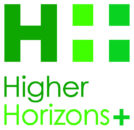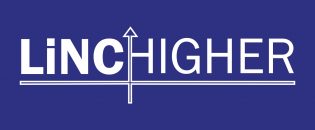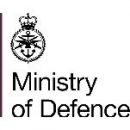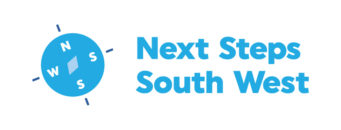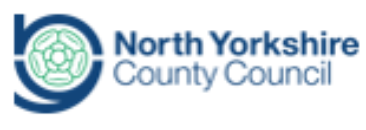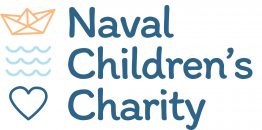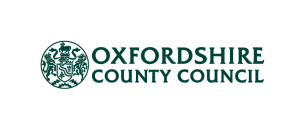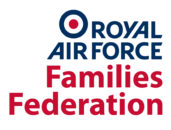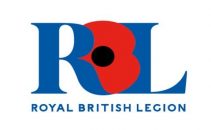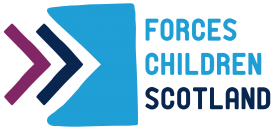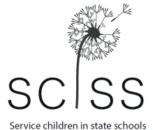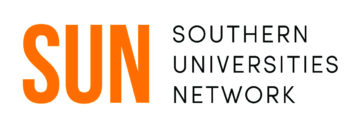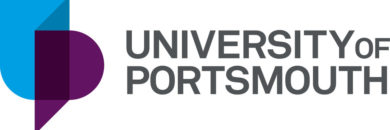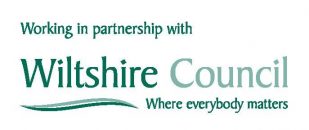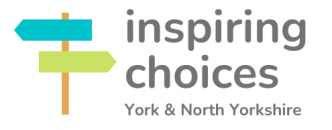Thriving Through Childhood and Beyond Project: Developmental research and toolkit development for the Early Years and Higher Education Sectors
Posted in News
Introduction
A new partnership between the Naval Children’s Charity and the Service Children’s Progression (SCiP) Alliance at the University of Winchester will see the highly regarded Thriving Lives Toolkit for schools expanded across the student life course, from early years through into higher education, covering children aged from 0-25.
Funding secured from the Armed Forces Covenant Fund Trust’s Transformational Grant Programme will complete a project which will develop the Thriving Lives Toolkit suite by specifically developing the Early Years and Higher Education toolkits. The new toolkits will reflect the unique settings of the early years and higher education sectors, whilst being coherent with the current Thriving Lives toolkit. The suite will set a new standard for evidence-based support for Service children, transforming the capacity of providers to understand Service children’s complex lives, identify their unique (and greatest) needs and develop and continually enhance targeted support. Robust research will produce effective practice toolkits for each of early years and higher education. These will then be thoroughly tested and developed into online tools integrated with the current online toolkit. The toolkits will need to be robustly tested so that support can be tailored by educational providers to accommodate the diverse range of educational contexts, to ensure all Armed Forces children and young people will benefit.
For further details or to find out more please visit the University of Winchester Intend portal at:
https://in-tendhost.co.uk/winchester/aspx/Home
Any questions must be directed through the portal as the Alliance team are unable to enter into any correspondence relating to this tender.
Scope of Services Required
This contract is for the sector research and toolkit development for the Early Years and the Higher Education phases. These phases will be carried out in two separate workstreams simultaneously through one contract, to ensure the research and toolkit framework development is carried out synchronously and that a coherent framework for 0-25 is created.
We recognise the early years and higher education sectors are very different but wish to agree a single contract for the combined project. We expect to work with the successful team to steer the deployment of the total resource between the two workstreams and expect this may have to develop flexibly over the course of the project, within the total, fixed budget.
We appreciate that the different disciplines may require a partnership approach. We would welcome proposals from partnerships of organisations; however, this is not an expectation. We will contract with a single lead organisation, and bidders are to determine how best they respond to the assessed criteria. Regardless, proposals must demonstrate how the team meets the assessed criteria addressing both the early years and higher education workstream requirements.
We expect the bidder to use both face-to-face and virtual approaches to engaging with sector for research purposes and all costs incurred, including travel, hosting and incentives for sector stakeholders must be factored within the total budget.
The project has an established governance structure into which the chosen contractor will need to report. This includes a steering group drawn from stakeholder organisations across the UK with overall accountability for the project, as well as advisory panels for the early years and higher education research and toolkit development. The bidder will be required to work collaboratively with all governance groups across the project lifecycle.
Our requirements include, but are not limited to:
| Early Years | |
| Research Outputs
|
|
| Framework Outputs
|
|
| Higher Education | |
| Research Outputs
|
|
| Framework Outputs
|
|
Overall research outcomes
- Our understanding of Service children’s experiences and outcomes in the Early Years and Higher education sectors is enhanced through rigorous research.
- We can demonstrate that we have taken a robust approach to the development and testing of the early years and higher education toolkits.
- We understand the quality, utility and potential impact of the proposed toolkits and how to engage users to promote them faithfully to colleagues.
- We have a clear understanding of how and why key facilitators and practitioners such as nurseries, pre-schools, universities, will use and engage with the tool.
Timescales
| Phase | Planned activity | Deadline | Expected outputs |
| Scoping research | • Identify effective practice principles for early years and higher education settings. • Confirm operating practices unique to each sector/setting key to establishing the work successfully. | July 2024 | Early years and higher education research reports.
Draft toolkits for testing in diverse settings.
|
| Toolkit development and testing | • Develop the scoping work into a practical toolkit for effective practice. • Testing and evaluation of the toolkits in diverse education settings. | April 2025 | Finalised toolkits refined in response to testing for the Early years and Higher education. |
Success Criteria
- The research reports demonstrate rigorous methodology.
- Research evidence builds on the existing body of knowledge and is drawn from wide engagement across the spectrum of providers and children/young people, including every branch of the Services.
- The research reports are useful and usable for a professional lay audience.
- The two new toolkits are useful, usable, and ready for initial roll-out in early years and higher education settings, suitable for providers across the UK.
